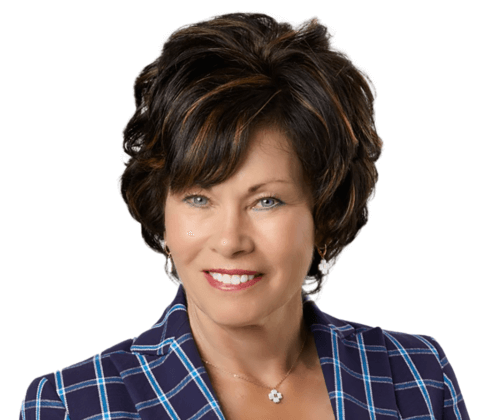‘The greatest victory is that which requires no battle.’- Sun Tzu, The Art of War
This week, U.S. President Donald Trump hosted Canada’s Prime Minister Justin Trudeau at the White House. The joint press conference was cordial, even routine, as both leaders promised to protect, and even improve, trade relations between the two nations.
For those watching CBC News or reading Canadian papers, coverage of the visit was hard to ignore. Photos of Trudeau and Trump were plastered all over the front pages to commemorate the momentous occasion. Everyone north of the border watched breathlessly as the fate of Canada was to be decided in that singular visit.
Yet the average American was oblivious to the Damoclean sword hanging over their strongest trading partner’s head. CNN reverted quickly back to the breaking story that national security advisor Michael Flynn had resigned. The New York Times, the Washington Post, and the Wall Street Journal all continued their obsession with U.S. positioning towards China and Russia.
Before your Canadian sense of polite outrage grips you, keep this in mind. Canada and the U.S. have enjoyed decades of good relations, even with a history of presidents and prime ministers who have not always seen eye-to-eye. While amiable relationships and ‘bromances’ have certainly boosted the probability of achieving great things together, Canada and the U.S. have never let the perfect become the enemy of the good when it comes to cross-border relations.
Take for example, the relationship between former U.S. President Ronald Reagan and Prime Minister Pierre Elliott Trudeau, Justin’s father. At a time when Trudeau senior was shutting out foreign (American) investment and recognizing the ‘one China’ policy (and even striving to embarrass the ultra-conservative president at international meetings), President Reagan recalls his relationship with the fiery prime minister favourably in his memoirs, noting that they both wanted to build a closer North American alliance and they ultimately laid the groundwork for the North American Free Trade Agreement (NAFTA) to come under the Mulroney government.
Some thirty years later, critics are watching the relationship unfold with trepidation again. For them, Trump’s ‘America first’ policy and the renegotiation of NAFTA is synonymous with stealing good Canadian jobs and creating the starting line for a scramble to diversify Canada’s economy away from the U.S. market, never mind Canada’s own job losses to Mexico, high electricity prices, and carbon leakage.
On the surface, Trudeau’s approach and Trump’s approach to international relations are not so different when it comes to achieving outcomes that benefit national interests. The two leaders share a sense of fairness and not leaving (middle-class) Canadians and Americans behind in this new postmodern era. Both leaders have acknowledged in their own way that the North Atlantic Treaty Organization is ineffective because it is woefully underfunded, which has led to exploring renewed defence funding commitments from all parties concerned. Canadian officials have also speculated about working with the U.S. outside NAFTA whenever Trump opens the renegotiations with the parties involved. When the U.S. withdrew from the Trans Pacific Partnership, then-International Trade Minister Chrystia Freeland affirmed the TPP ‘cannot happen’ without the United States. While Prime Minister Trudeau continues to champion Canadian values like openness and inclusion at home, he also understands the importance of ‘going along to get along’ where Canada-US relations are considered.
At the end of the day, Trump has no strong feelings towards Canada – and that’s an incredibly good thing to hang onto when you consider how he feels about other countries in his sightlines like Mexico, China, or even Russia.
The Canada-U.S. relationship under the Trump administration can flourish, if and only if, we let well enough alone and continue to keep our relations wonderfully boring and stereotypically routine. In the words of Fanny Price of Mansfield Park, ‘I was quiet, but I was not blind.’


